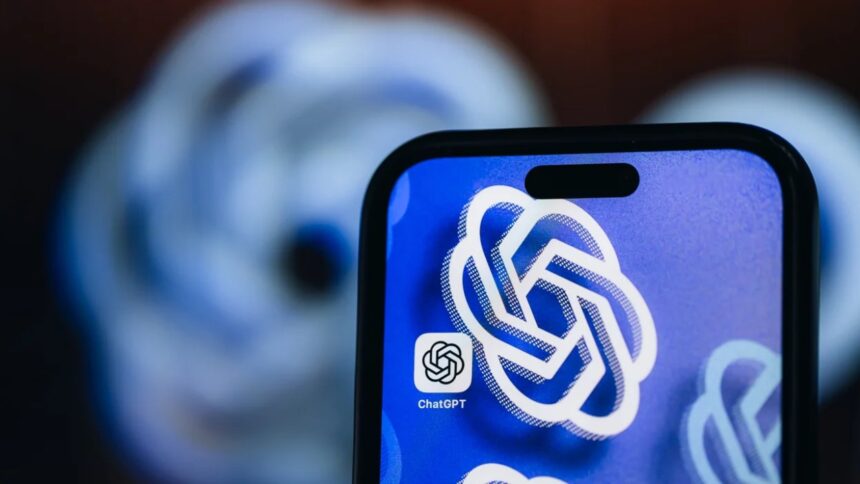OpenAI has announced a sweeping set of restrictions for ChatGPT users under 18, marking one of its strongest moves yet to balance artificial intelligence with child safety. The company says the changes, which target conversations around self-harm, sexual content, and flirtation, are designed to protect vulnerable users while maintaining trust in AI platforms.
The announcement comes as tech firms face growing scrutiny from lawmakers, parents, and advocacy groups over how artificial intelligence interacts with minors.
The shift follows mounting legal and social pressure, including lawsuits such as the case of Adam Raine, where ChatGPT interactions were alleged to have contributed to a teenager’s self-harm. Senate hearings and parent advocacy have added urgency to AI regulation, pushing OpenAI to act.
Previously, ChatGPT operated under broad moderation rules, but the lack of age-specific safeguards meant teens had largely the same experience as adults. That is changing.
According to OpenAI, new controls will:
- Prevent ChatGPT from engaging in “flirtatious talk” with under-18 users.
- Restrict sensitive conversations around self-harm, suicide, and other mental health crises, with safeguards that can alert parents or authorities in severe situations.
- Introduce parental account-linking features and “blackout hours” limiting overnight access.
- Apply stricter rules by default if age cannot be verified, using an AI-based age-prediction system.
The company insists these measures prioritize safety over freedom and privacy when it comes to teen use.
Stakeholders and Reactions
For minors, the changes mean a narrower version of ChatGPT—potentially safer, but also more restrictive. Some teenagers may feel censored or excluded from opportunities to learn or explore sensitive but important topics.
Parents, meanwhile, are given more oversight through account-linking, which could strengthen trust in the technology but may also raise concerns about surveillance. Regulators are likely to see the move as a step toward compliance, but privacy advocates may question the reliability of AI-based age detection.
OpenAI’s CEO Sam Altman defended the approach, saying that children require “significant protection” when using powerful AI systems.
Why it Matters
Beyond the United States, these new restrictions highlight a wider debate: how should AI companies manage teenage users across regions with very different norms, regulations, and infrastructures? In Africa and other parts of the Global South, where minors often access AI with little parental oversight or legal framework, OpenAI’s model may serve as a reference point—or expose new inequalities in access.
The trade-off between protection and empowerment is sharp. If implemented poorly, restrictions could stifle educational use, especially for youths who rely on AI for learning in under-resourced environments.
The coming months will test whether OpenAI’s safeguards work in practice. Will the age-prediction system prove accurate across diverse languages and cultures? Will stricter filters prevent harm without limiting positive, educational interactions?
As regulators around the world watch closely, the changes may set a precedent for how AI firms approach under-18 users. The balance between privacy, safety, and freedom is far from settled—and for tech companies, the stakes could not be higher.
Talking Points
While OpenAI’s new restrictions are packaged as a win for safety, they may unintentionally limit the capacity of young people—especially in developing regions—to access knowledge and engage with difficult but important topics.
Should we applaud the restrictions, or worry that they are creating “AI childhood bubbles” where teens are shielded from reality instead of being guided through it?
Africa has one of the youngest populations in the world, and many rely on AI tools for education in the absence of quality teachers and infrastructure. But if AI begins walling off sensitive discussions, are we risking leaving African youth under-prepared for the real world? Worse still, will AI become yet another tool where Western norms dominate, silencing cultural contexts from the Global South?





